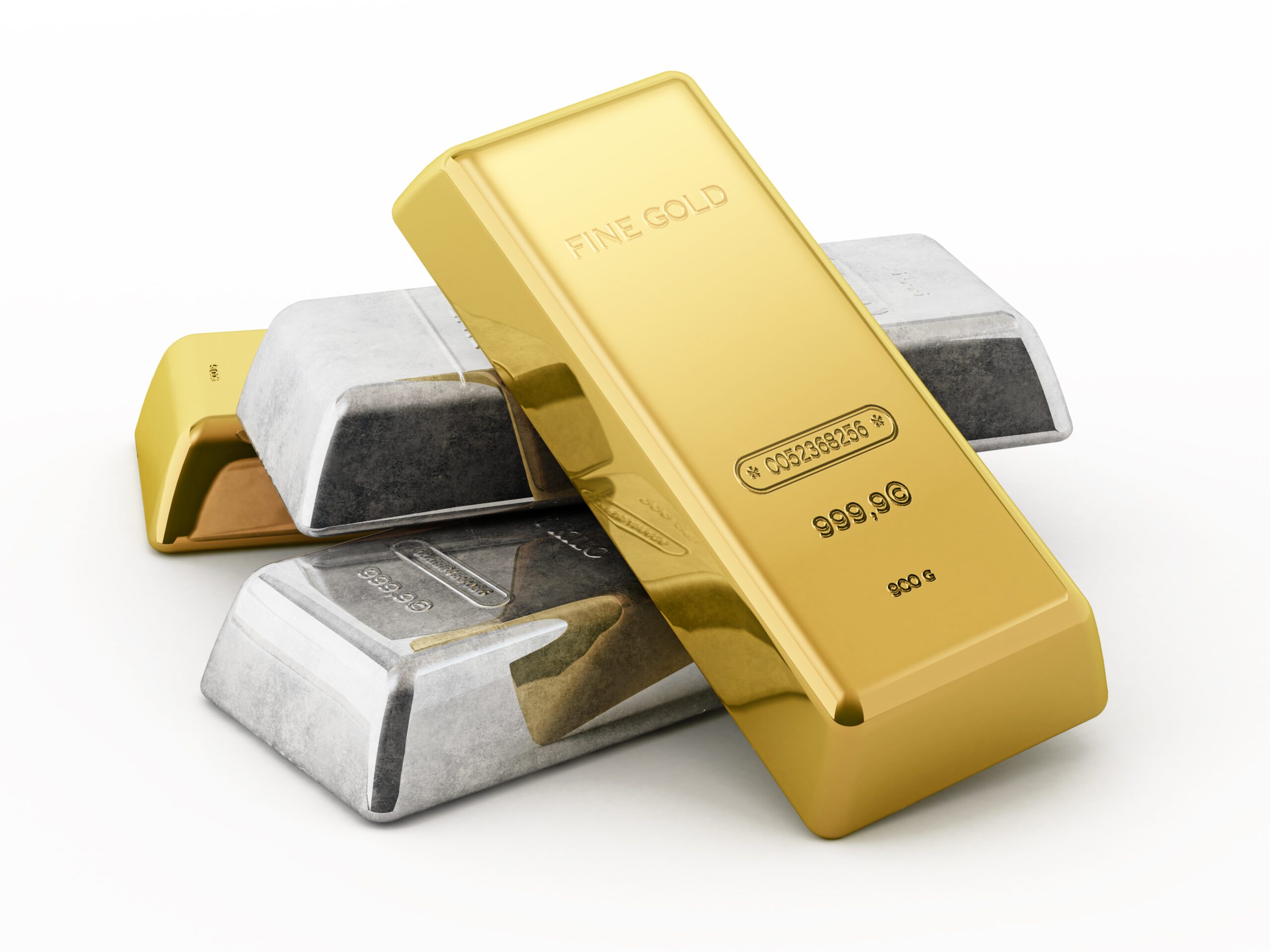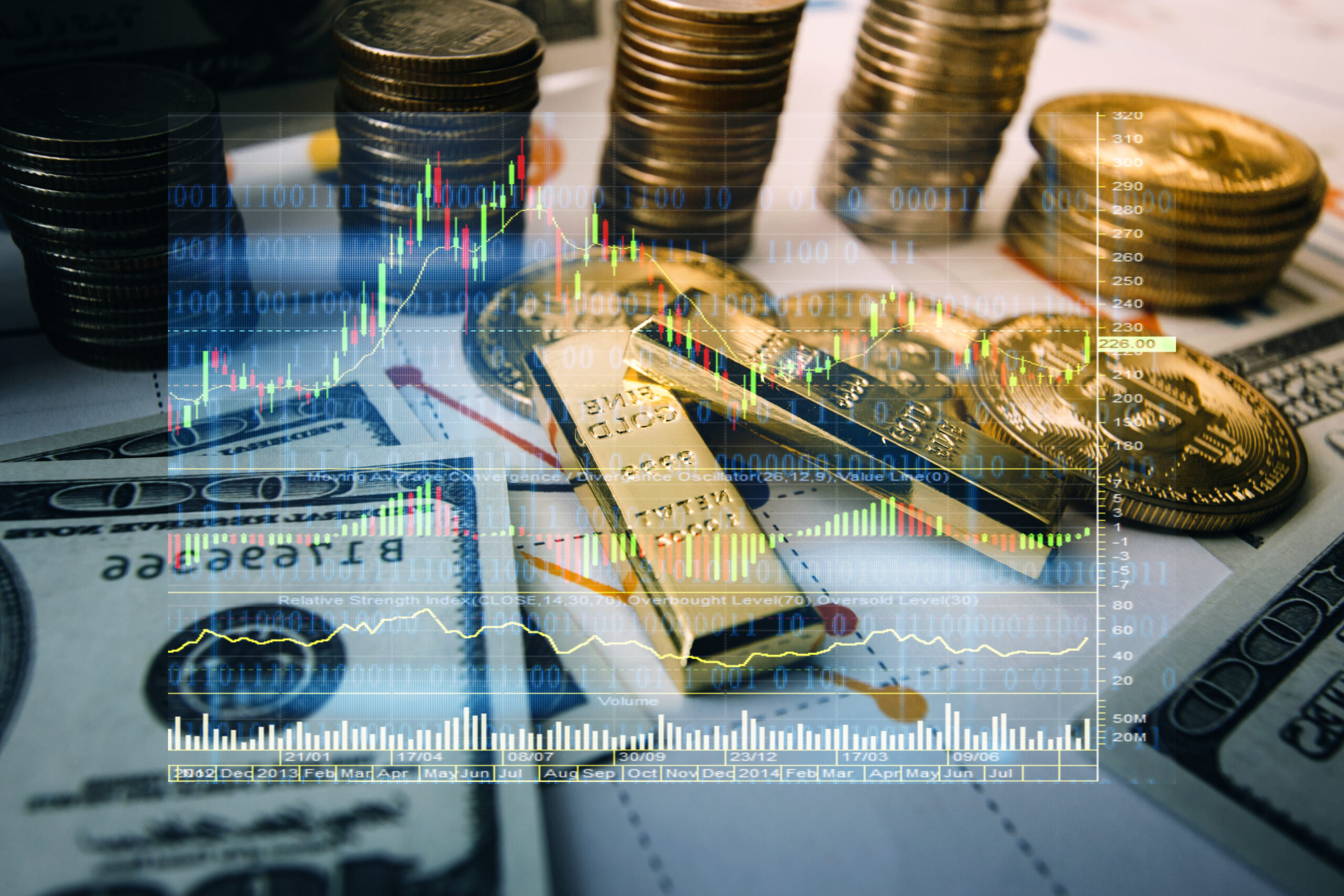Investing in bullion means buying coins, bars, or ingots of silver and gold with the highest purity level. And, this form of investment is an excellent way to diversify your portfolio because these two precious metals are known to hold the value of your assets. This means you can use it as a hedge for your assets instead of waiting for their value to depreciate. Aside from this benefit, you should also learn the following factors that you may have to consider when investing in bullion:
1) Physical Bullion
One way to invest in bullion is buying them in their physical form—coins or bars. Both options offer monetary value, but the thing is that you need to ensure you’re buying from reputable companies. You must check that they’re government-regulated so you can avoid buying bullion that isn’t high-quality. If they’re not regulated, their bullion may not be legally-tendered.
On top of that, you may have to check the reviews on such companies. For instance, Birch Gold reviews and other reviews can show what previous buyers say about such. You can, then, use such information to weigh if the companies are reputable.
After receiving the bullion, you must also know how to store them. You may install a safe in your home where you can keep them. However, you must disclose this information to your home insurer for your protection.
But, if you choose third-party companies to store your bullion, then, consider the cost. Although it may be costly, the benefits outweigh the fees. These benefits include having a security deposit box to keep your assets. This kind of storage is also one of the most preferred options of bullion buyers because they know that third-party companies know how to keep bullion. So, if you sell it to them, they’re less likely to question the storage method.
2) Other Methods Of Buying Bullion
If you find storage fees unappealing, there are other ways to invest in bullion. And, they’re both easy to purchase and acquire, with their value constantly appreciating through time. However, they may not be in physical form, but papers.
Another way of investing in gold bullion is through exchange-traded funds (ETFs). These funds monitor an underlying index, and they contain a collection of securities. When it comes to bullion, the securities may be in the form of silver and gold certificates instead of the physical ones. But, you can use these certificates to encash them from a bullion bank or exchange them for their physical counterparts.
You can buy bullion ETFs through an individual retirement Account (IRA) or standard brokerage account. You can also use such ways to sell them in the future.
What’s even more exciting about such is it’s easier to enter the bullion market while enjoying minimal fees. Unlike physical bullion, you won’t have to worry about properly storing them.

3) Silver Bullion Vs. Gold Bullion
Your next concern now is whether to go for silver or gold bullion. Both possess enticing features. However, most metal investors choose gold over silver bullion. Compared to silver, gold bullion takes a bigger liquid market. That’s because there’s a higher demand for jewelry and greater interest of people for this investment. Additionally, gold has a less changeable price. This means that gold doesn’t get affected by economic activities. In fact, history shows that gold prices are more likely to get high in times of crisis, like the COVID-19 pandemic.
On the other hand, silver is directly related to economic activities, which means that it can depend on industrial consumption. This characteristic is mainly influenced by its numerous industrial applications. However, you might want to invest in silver bullions when there’s a price drop.
One aspect wherein you can say that silver is better than gold is affordability. You can take advantage of it and eventually wait for it to increase before selling it if you’re starting.
4) Price Markups
Purchasing metals, whether bars or coins, involves a two to eight percent markup over the prevailing spot prices. For instance, ETFs are bought and traded at prices that are close to the current metal value. However, annual management fees are charged to shoulder costs for storage, trading, insurance, shareholder reporting, and trustee oversight.
With such, you may have to consider your budget because you may see spot prices won’t be the exact ones for ETF bullion prices. Nonetheless, if you’re investing for the long term, you can outweigh these price markups.
Conclusion
When investing in bullion, there are many considerations you ought to make. From their prices to their types, to their forms, such factors are essential to help you weigh which ones are suitable for your needs, as well as choose the ones you’re most comfortable with. Moreover, knowing these will also help you understand that bullion investment is unlike other forms of investments.



































